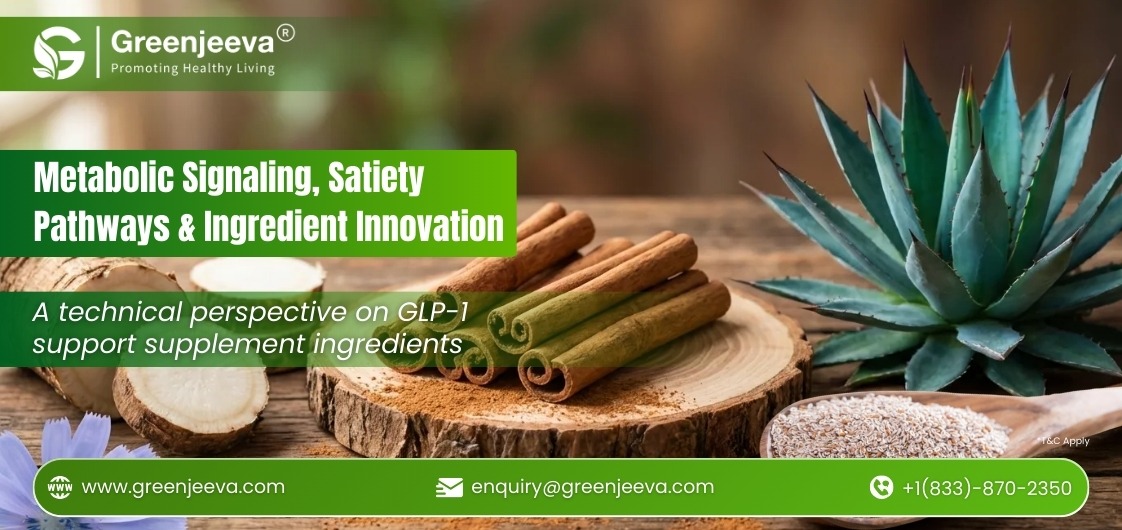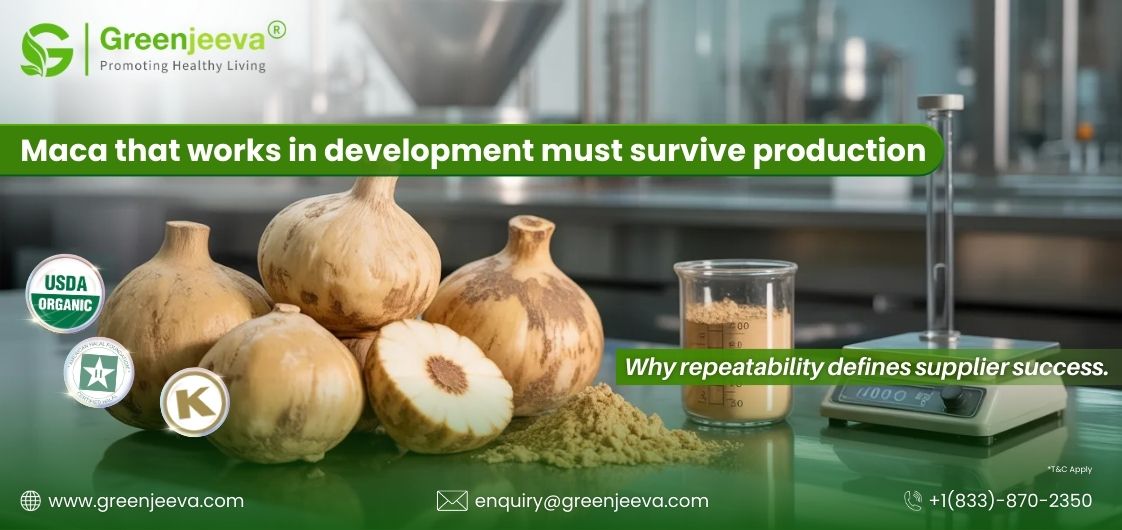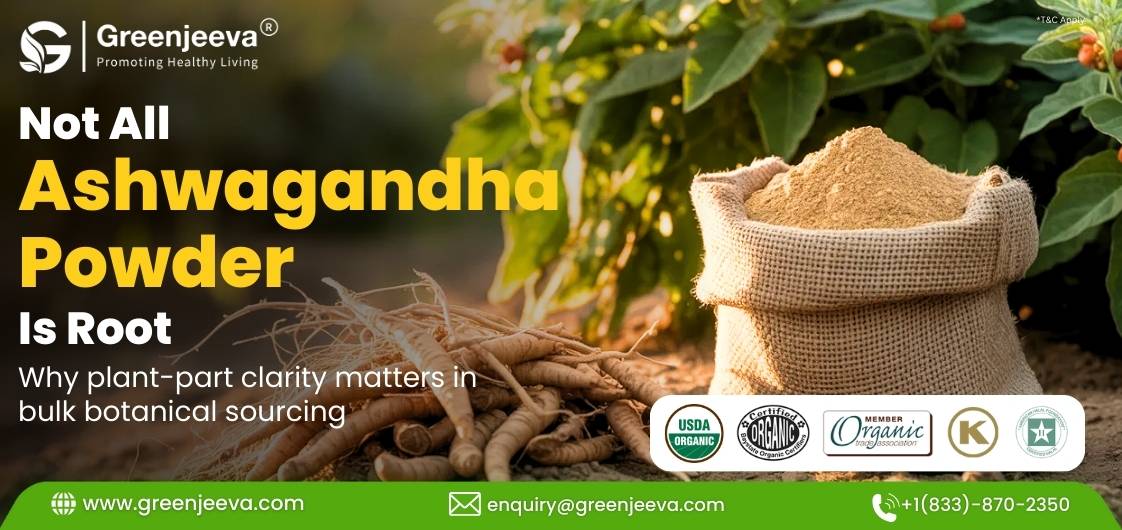Rhubarb - Nutrition Profile, Uses, and More

What Is Rhubarb?
Also known as pieplant, rhubarb is a perennial plant, belonging to the family of Polygonaceae. Although it is native to Asia, yet this plant is found in North America and Europe. It grows well in the cooler regions of the temperate zones. This vegetable has reddish stalks with huge clumps of leaves.
What Is the Taste of Rhubarb?
So, what does rhubarb taste like? Well, since the leaves are believed to contain toxins, they are not consumed. However, the thick, sour stalks of the rhubarb plant are cooked with sugar and eaten. The stalks are rarely eaten raw because of their sourness. After they are sugared, the stalks are used in a wide range of desserts. The roots of the plant have medicinal properties and are used for many health conditions.
Why Does Rhubarb Have a Sour Taste?
Rhubarb has an extremely sour taste. The intense sourness of this vegetable is due to the presence of high quantities of oxalic and malic acids. A very surprising fact about rhubarb is that it tastes less sour when grown in darkness. This variety of rhubarb is known as forced rhubarb and is grown in late winter or spring.
Nutrition Profile of Rhubarb
Rhubarb is an excellent source of antioxidants, including proanthocyanidins and anthocyanin. According to studies, the content of polyphenol in Rhubarb is higher in comparison to Kale. The presence of the antioxidant anthocyanins gives rhubarb stalks their reddish colour. It is low in calories and has a high fibre content. Other nutrients present in rhubarb include Vitamin A, Vitamin C, Vitamin K, Magnesium, Manganese, Potassium, Calcium, and Folate.
100 grams of chopped rhubarb contains the following nutrients:
- Water: 93.61 g
- Carbohydrates: 4.54 g
- Sugar: 1.1 g
- Fiber: 1.8 g
- Calcium: 86 mg
- Potassium: 288 mg
- Protein: 0.9 g
- Iron: 0.22 mg
- Magnesium: 12 mg
- Phosphorous: 14 mg
- Sodium: 4 mg
- Vitamin C: 8 mg
Interesting Fun Facts About Rhubarb Plant
- Rhubarb can grow up to a height of 5 feet.
- More than 89% of the sweetest rhubarbs in the world are found in England’s Rhubarb Triangle.
- Rhubarbs have a lifespan of more than 60 years.
- The very term ‘rhubarb’ translates to barbarian root in English.
- Until the 18th century, rhubarb was only used for medicinal purposes and not for culinary requirements.
- Rhubarb was first imported from China in the form of a medicinal plant.
Industrial Uses of Rhubarb
Rhubarb surfaced around 400 years ago and since then it has been used for a plethora of industrial purposes. In the food & beverages industry, it has long been used in the manufacture of fruit wines, jams, sauces, juices, cakes, and pies. In the pharmaceutical industry, rhubarb plant has been used for the preparation of traditional Chinese, European, and Arabian medicines.
Where to Buy Rhubarb Root Powder From?
The industrial uses of rhubarb are limitless. From health food and beverages to pharmaceuticals, rhubarb has taken up its space in almost all industries. If you are looking forward to ordering Organic Rhubarb Root Powder in bulk quantities, visit greenjeeva.com today and place your order at the most competitive rates!
Also read: https://www.greenjeeva.com/blog/rice-bran-powder-certifications-regulations
Disclaimer:
The above statements are not intended to cure any disease or comply with any health benefits. This is solely for information purposes. Please consult your doctor/health practitioner before consumption of the product. Although we take efforts to keep our website informative, we do not guarantee any medical benefits.


.jpg)



